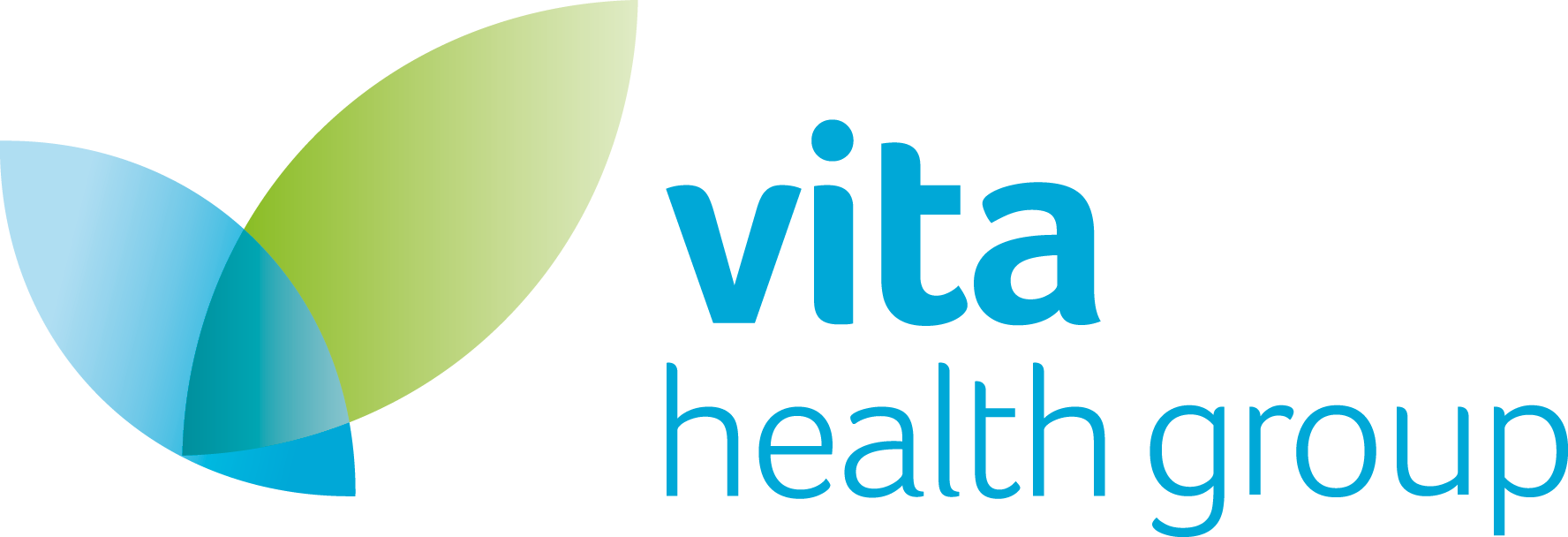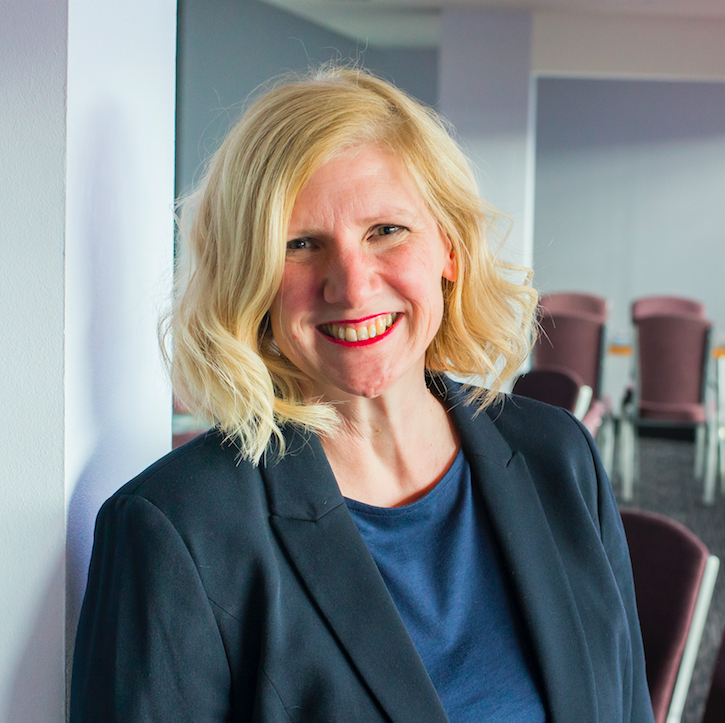7 Mental Health Predictions for 2021
Following the lockdowns in 2020, England has gone into another lockdown. Experts were raising their concerns in 2020 and are again speaking up about the how people’s mental health is being affected.
TechRound has spoken to some of the biggest names in the mental health industry to get their predictions for 2021, with a lot of experts discussing the impact of the coronavirus on people’s mental health.
Mental Health Team – Vita Health Group

- Financial problems could adversely impact mental health. The stress of debt or other financial issues can leave people feeling depressed or anxious.
- The decline in mental health makes it harder for people to manage money. People may find it harder to concentrate or lack the energy to tackle a mounting pile of bills. Or they may lose income by taking time off work due to anxiety or depression.
- These difficulties then lead to more financial problems and worsening mental health problems. People could become trapped in a downward spiral of increasing money problems and declining mental health.
Those people who are experiencing stress due to money worries should consider the following tips:
Get moving. Even a little regular exercise can help ease stress, boost your mood and energy, and improve your self-esteem. Aim for 30 minutes on most days, broken up into short 10-minute bursts if that’s easier.
Practice a relaxation technique. Take time to relax each day and give your mind a break from the constant worrying. Meditating, breathing exercises, or other relaxation techniques are excellent ways to relieve stress and restore some balance to your life.
Don’t skimp on sleep. Feeling tired will only increase your stress and negative thought patterns. Finding ways to improve your sleep during this difficult time will help both your mind and body.
Boost your self-esteem. Rightly or wrongly, experiencing financial problems can cause you to feel like a failure and impact your self-esteem. But there are plenty of other, more rewarding ways to improve your sense of self-worth. Even when you’re struggling yourself, helping others by volunteering can increase your confidence and ease stress, anger, and anxiety. Or you could spend time in nature, learn a new skill, or enjoy the company of people who appreciate you for who you are, rather than for your bank balance.
Eat healthy food. A healthy diet rich in fruit, vegetables, and omega-3s can help support your mood and improve your energy and outlook. And you don’t have to spend a fortune; there are ways to eat well on a budget.
Be grateful for the good things in your life. When you’re plagued by money worries and financial uncertainty, it’s easy to focus all your attention on the negatives. While you don’t have to ignore reality and pretend everything’s fine, you can take a moment to appreciate a close relationship, the beauty of a sunset, or the love of a pet, for example. It can give your mind a break from the constant worrying, help boost your mood, and ease your stress.
For any questions, comments or features, please contact us directly.

Christine Husbands – Managing Director at RedArc Nurses

The need for support for MHFAs is set to increase
“Mental Health First Aid England, the largest provider of mental health first aid training in the UK, has alone already trained 500k Mental Health First Aiders (MHFAs) and is aiming to reach 1 in 10 people.
MHFAs supports others, but in our experience they also need to support themselves. As the number of MHFAs is set to increase, this could leave a large cohort of employees feeling unsupported and with concerns about how best to assist colleagues with mental health issues, so the need for professional support is only going to increase.
Increased pressures of Covid and extended remote working will increase the need further.
The position of an MHFA is a voluntary one and is in addition to an individual’s day-to-day role, and as that individual is not a mental health practitioner, it is absolutely vital that they have clear parameters and effective support in place. Without the right support, the responsibility of helping others can sometimes become a heavy burden and cause the MHFA to question their role and easily become detrimental to their own mental health.
MHFAs can be a key asset within an organisation’s mental health strategy but they are not immune from the pressures of the workplace or everyday life themselves.
Every organisation that has encouraged its employees to become MHFAs and invested in their training, should ensure that it continues to offer access to regular and ongoing professional support, to safeguard both the MHFAs themselves as well as enabling them to better help their colleagues.
Support by experienced registered mental health nurses can include:
- Small group sessions to provide peer support, a forum to share concerns and learnings.
- Specific advice on support available, eg within internal employee benefits or external support.
- Individual guidance, where MHFAs can discuss personal concerns and receive advice and sign-posting services and resources for their own wellbeing.”
Gavin Perrett – Creative Director at Identity Resource

“#1 Increase in GP referrals to psychiatrists and therapists. It is reasonable to expect that not only will people with existing mental health problems seek more help, but more people who have struggled during the lockdowns and have no previous mental health problems will begin to seek help. Adequate funding for mental health trusts to build capacity is crucial in 2021.
#2 Increased take-up of meditation and mindfulness apps. Even smartwatches can be set to go off at regular periods to remind you to get up from your desk and take a break. Using an app to help you learn how to meditate are growing in popularity.
#3 Remote working will become the norm. There is no doubt that the technology to deliver remote working already exists, so businesses that have been agile enough to roll out remote working effectively are now seeing the benefits not only in cost savings, but on productivity and work satisfaction amongst employees.
#4 Employee Mental Health will be prioritised. As remote working becomes the norm additional support and training for staff will become normalised as the needs of staff change. A greater emphasis on personal development and resilience will be the way forward to get the most from employees by helping them to become the best version of themselves.
#5 Healthy Lifestyle changes will have a raised awareness. During 2020 many people have reflected on their lives and made decisions on the way they eat, exercise, and consider what’s important. And with that growing awareness people will continue to actively and consciously make decisions about their way of life.
#6 Emphasis on compassionate leadership. As business moves toward a more permanent remote working environment, business leaders will have to seek to engage, understand and support staff at a more developmental level to drive productivity.”
For any questions, comments or features, please contact us directly.

Debra Clark – Head of Specialist at Towergate Health & Protection

Changing needs must shape wellbeing programmes and benefit decisions in 2021
– Supporting employees in a Covid-conscious world –
“Covid has changed almost every aspect of our working lives. Employers need to respond to these changes and adapt health and wellbeing benefits to meet evolving needs and concerns. Benefits need to be current, relevant and address the very real concerns of employees.To support employees during 2021, employers must:
- Focus on prevention
Employees are interested in benefits that will help them to stay fit and healthy. Employers need to consider providing access to educational programmes including webinars and health tips; tangible lifestyle and fitness support such as exercise classes; healthy eating plans, or literal preventative measures, such as flu vaccinations.
- Extend benefits
Employers need to consider benefits for remote and part-time workers as staff diversify in their work patterns and locations. Forward-thinking employers are extending benefits to cover dependants too, recognising that an employee’s wellbeing is affected by their home environment. Traditionally some benefits have been thought of as being for senior levels only, employers need to expand health and wellbeing benefits to the wider workforce.
- Personalise provision
Health and wellbeing benefits often come with added-value options that include personalised programmes such as hubs and apps, where individuals can enter data each day regarding how they feel physically and/or emotionally. These can provide a nudge or prompt for self-support or for access to additional assistance.
- Protect finances
There is increased interest in benefits that protect employees’ finances. Group risk products will appeal, providing financial, emotional and practical support at times of ill-health, disability or in the event of death, all of which support employees and/or their families in difficult times.
- Use wider communication methods
Regular contact with colleagues helps to maintain morale and focus. Online benefits platforms allow employers to administer and promote benefits in one place, help gain maximum engagement and make educational and support services easily available.”
Zoe Clews – Founder and Hypnotherapist at Zoe Clews & Associates

“2020 was brutal for so, so many: the central theme was loss. Loss across all spectrums: those who lost loved ones to Covid or other untreated disease, disruption to physical and mental health, loss of human connection, loss of businesses, financial security and homes, the breakdown and loss of relationships under the stress of lockdowns.
Coming to terms slowly, with support, with these losses has been one of the most vital processes of 2020, due to the restrictions delivering online mental health support soared in 2020 and as we dive headlong into a national lockdown in 2021, I predict digital mental health support will be an anchor in the eye of the increasing storm.
2021 will be a stealth mission mental health wise. Self care, once deemed a luxury is now a necessity.
Human connection is vital not only to thrive, but to ‘survive’, with the restrictions on social contact finding ways to ‘soothe ourselves’ in healthy ways is now called for. Many can’t afford one to one therapy in the current financial climate so the reliance on and demand for digital communities and support groups- either free or low cost will increase exponentially.
Through connection with others we are able to ‘co-regulate’ our emotions, when we are not able to connect with others there is more call for ‘self-regulation’ therefore a strong self care practice including being able to access support for ourselves through online exercise programmes and meditation & mindfulness apps.
Several generous and enterprising wellbeing practitioners are beginning to offer free online mental health groups and apps, this will multiply as demand inevitably increases as the NHS struggles to meet mental health crisis.
I believe we will begin to see the full impact of the mental health crisis in 2021. Many more children are being affected deeply and I am treating many more children for anxiety, OCD and new conditions specific to the pandemic such as Covid PTSD. The creation of online support for children with parental guidance will be a strong 2021 theme. Likewise the call for online mental health groups for suffering teens. Our young people are suffering terribly. Creation of new safe and supportive bullying and trolling free digital spaces, will be a strong and vital theme for 2021.
Another powerful theme will be ‘alternative communities’ – some of these will be digital, we have already seen alternative messaging platforms such as Telegram pop up and alternative social media platforms such as MeWe, and I predict this will also extend out physically with communities wanting to live ‘off-grid’. It is a a natural response to the limitations and restrictions we have faced and will continue to face to yearn for freedom and the creation of something entirely new.”
Jessica Driscoll – Mentor and Head of Immersive at CreativeXR

“I predict 2021 will see a continuation of the interest shown in immersive applications for health and wellbeing and how this fosters understanding and communication around mental and physical illness.
There are two stand out projects that highlight this from CreativeXR, the accelerator programme from Digital Catapult and Arts Council England that supports the creation of new cultural experiences using immersive technology. Goliath, from creative studio Anagram, is an animated VR narrative based on the real-life story of Jon, a man diagnosed with paranoid schizophrenia who, following a decade of isolation in psychiatric institutions, found a lifeline in online multiplayer gaming. The experience is a powerful use of VR to help the understanding of what it means to live with paranoid schizophrenia.
Conversely, Hatsumi a Brighton based immersive startup focused on health tech has created a participatory webVR experience bridging art, health and technology. Audiences are invited to explore the connection between emotional and physical pain through 3D drawing and sound. Hatsumi’s key audience is people living with chronic pain within a clinical context to help them feel better understood. The team aims to set up installations in waiting rooms of hospitals and test how this tool can be used to help patients communicate their pain experience to clinicians.”
For any questions, comments or features, please contact us directly.





